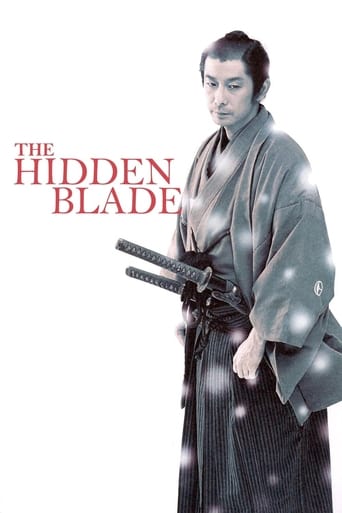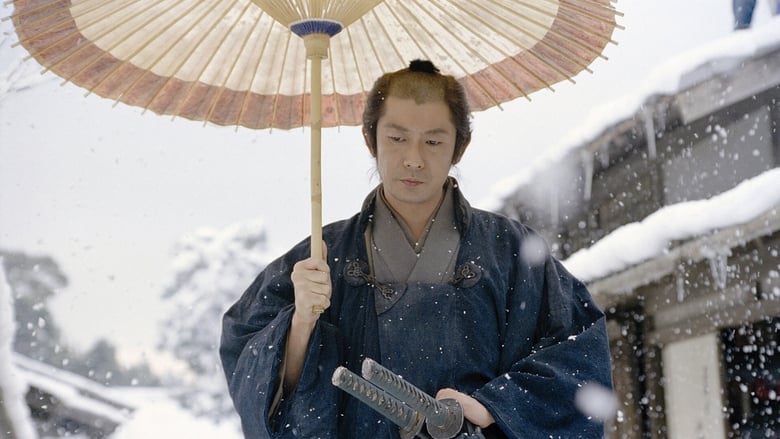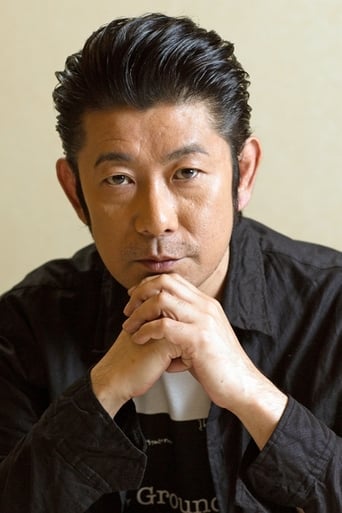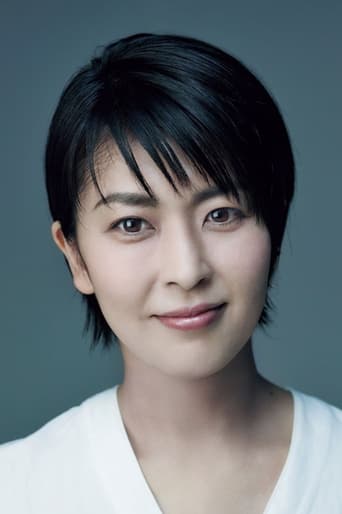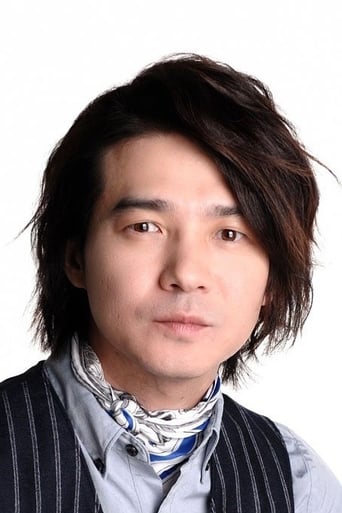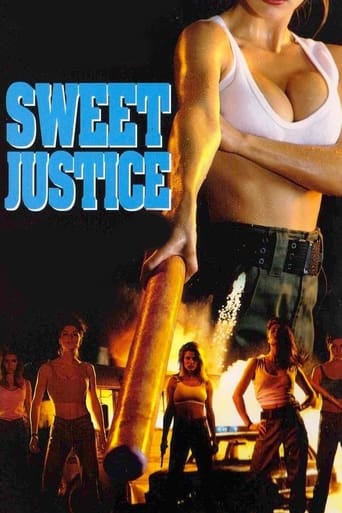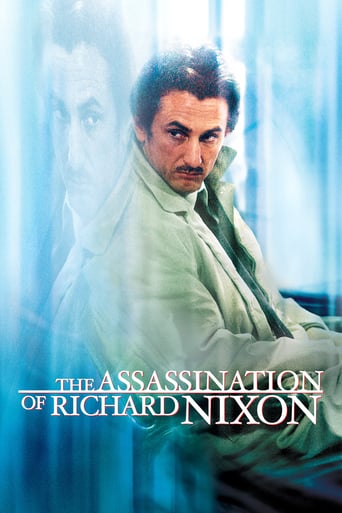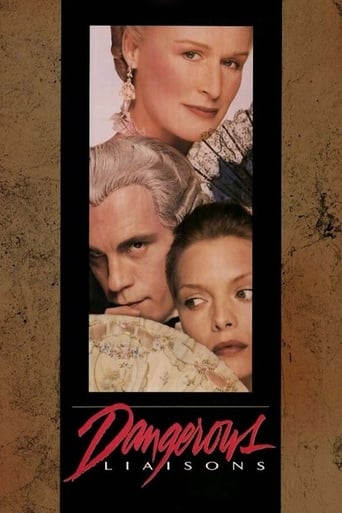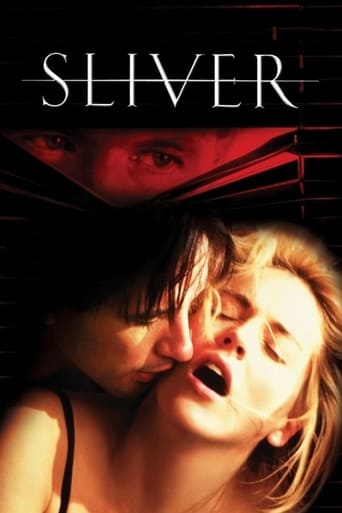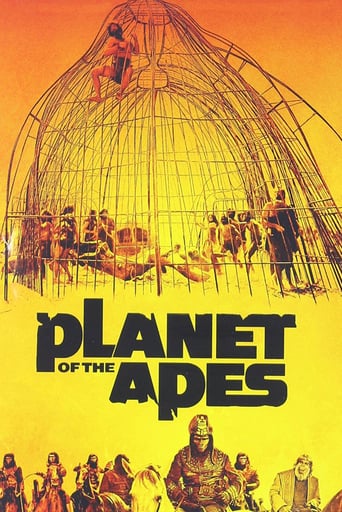The Hidden Blade (2005)
Set in 19th Century Japan a young samurai who finds himself in love with a farm girl leaves his home to begin a new life. He has to take stock of his new life when he is put to the test and ordered to kill a traitor who just happens to be his dearest friend.
Watch Trailer
Free Trial Channels
Cast


Similar titles
Reviews
Just so...so bad
Clever and entertaining enough to recommend even to members of the 1%
Great story, amazing characters, superb action, enthralling cinematography. Yes, this is something I am glad I spent money on.
One of the worst ways to make a cult movie is to set out to make a cult movie.
The story nicely entwines two main plots that are unraveling in Munezo's life together. The the plot shift is also nice to see; opens with the honor plot then focus on the love plot and then focus to the honor plot and closes with the love plot. Yet I think that the side plot of the western modernization on the clan's military doesn't really have any significant thing and looks only as a waste of duration time. The character building is very nice, especially on Munezo and Kie, and even also on Hanzama. I like the acting overall, which is a good work for me. Masatoshi Nagase played the movie's focus character very well, encompassing all the needed emotions just enough to keep the samurai pride in them. Takako Matsu also played well enough as the servant. This movie is quite entertaining although I think the duration can be shortened a little bit to excluding all those unimportant parts.
Having recently worked through a dozen or so samurai films, including Kurosawa's generally brilliant offerings, my taste had become fairly attuned to the genre and although several were very good the style was beginning to wear thin. Until Hidden Blade. This is an exceptional film; original in story, characters and direction. The plot is quite simple: a samurai whose father's disgrace has reduced the family in status, lives with a maid and a servant. He is in love with the maid, and she with him, but the social conventions and their own decency prevent this from becoming anything more than a tender friendship. The samurai's sword school companion gets himself into trouble and finally their sword-brother relationship leads the plot to a climax. There are several fights, a background of western military training being given to the samurai in this area, but above all that is the compassion and decency of the samurai and his maid. There is not a wasted moment in the direction; the scenery is beautiful; the acting is very engaging; the story seems to move at a gentle pace but it's impossible to take your eyes off the screen - one of those truly well- made movies where the technical excellence is so understated that you know only that you're being swept along with the story. Highly, highly recommended.
With Yoji Yamada's The Hidden Blade, set in the early 1860s, the age of the samurai was passing; the age of moviedom's bastardization of the samurai was sometime in the future. The Hidden Blade is one of three movies Yamada made based on stories by Shuhei Fujisawa. They all deal with the end of the rigid social caste system of the Tokugawa era, the cracks and corruption in the samurai code, and the effects of this on some of those in the samurai class whom we come to know. These movies aren't flash and slash epics or just cheap entertainment. The films in many ways are quiet, even when there is violence. Sadness and difficult choices are pervasive. The films, in other words, are wonderful. For the record, the three films are The Twilight Samurai (Tasogare Seibei) (2002), The Hidden Blade (Kakushi Ken Oni no Tsume) (2004) and Love and Honor (Bushi no Ichibun) (2006). The Hidden Blade is the story of Munezo Katagiri (Masatoshi Nagase), a poor samurai who does his duty to his clan in a small village in the north of Japan. His father was forced to commit hari kiri unjustly, but the father submitted because obeying the lord was the core of his life. A friend of Katagiri's, Yaichiro Hazama, who earlier went to Edo, has been implicated in a treason plot against the shogun. Hazama is sent back to the village for imprisonment. At the same time, Katagiri's sister has married a good friend, his mother has died, and he has found a merchant husband for the family's maid, a young woman named Kie (Takako Matsu), the daughter of a farmer who had been trained in many skills by Katagiri's mother. We can tell there is affection and respect between the two, but the idea of marriage is never recognized because of the rigid separation of the four castes. Katagiri rescues Kie from the cruel marriage but cannot keep her with him. He returns her to her farmer father. When Hazama escapes, Katagiri is ordered to go to Hazama, one of his best friends, and kill him in a duel. Hazama is a fine swordsman. Katagiri is almost as good. Katagiri learns his clan's senior adviser is venal and dishonest. Katagiri must obey, but afterwards, in disgust, takes his own actions. At last he secures his future, whatever that might be...but it won't be as a samurai. If this all sounds mundane, it is and it isn't. In slightly more than two hours, Yamada lets us see these people's lives, everything from the rigid strictures of behavior and outward respect to how a servant washes clothes, from how to cut firewood to what a prisoner basket is, from what a poor samurai's house is like or a merchant's fabric shop to what it takes to train barely educated bumpkin samurai in gunnery and marching. It's all fascinating, more so because these are all more-or-less ordinary people in a system of rigid class inequities, where people have few if any options. Yet if Munezo Katagiri's story is told deliberately, it is never slow. Yes, we have a great (and not flashy) sword fight toward the end of the movie, and a fast and satisfying act of deadly justice to witness. The heart, however, of the movie's tension comes from Karagiri's struggle to obey the old rules while realizing how unjust and corrupt they can be. Masatoshi Nagase gives a marvelous performance...thoughtful, serious, underplayed. The movie ends with a mutual expression of love and commitment between Katagiri and Kie that is delightful and touching. One of the fascinating aspects of Japan is how rigidly enforced and how accepted the social order was, and then how quickly and, in some cases, how ruthlessly it began to crumble. The samurai class, above the other three classes, was made up of warriors without wars. They sank into near irrelevance except for their privileges and social status. The merchant class, lowest of the classes, rose to power because they produced nothing of value, in the Buddhist sense, just money. Money proved more powerful than swords. By the end of The Hidden Blade it's clear that disciplined peasants bearing expensive firearms can take care of any charging, sword-bearing samurai they might encounter.
This film is easily one of the best samurai films to emerge since Kurosawa's 'Ran' in 85. The thin color palette, graceful use of mise-en-scene, dense landscapes (the winter ones are especial beautiful) are resonate in the tone of 60-70s samurai masters like Okamoto. But the story, though traditional, resonates with more modern concerns. It's more a reflection on the past to try to understand the present. The beginning presents the main character as a lower class samurai struggling to adapt to the changing landscapes of Japan. Trying to read English and Dutch and failing to learn how to use firearms and other Western military devices and tactics. It's an intense samurai film in the style of Japanese classics, but dense with application to the modern world struggles. An alternative view of the samurai film that's worth a couple of hours.

